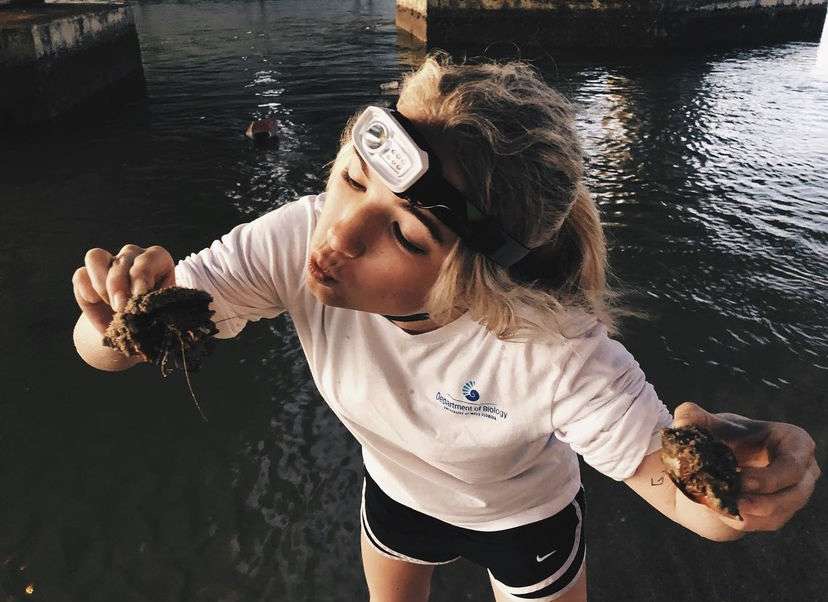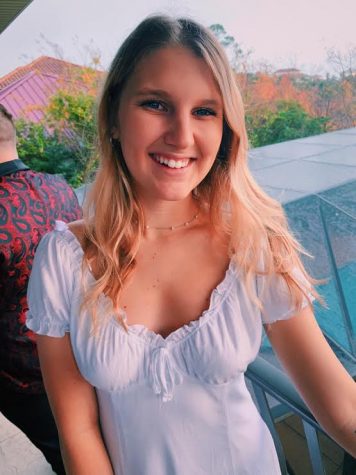Research on microplastics done by UWF student
September 29, 2021
With some help from the Hal Marcus College of Science and Engineering, summer undergraduate research program (SURP) senior student Jordan Kleinschmidt was able to complete research on microplastics in Florida, specifically among marine snails. This research is accredited as the first known study to find “microplastics contamination of tissues in predatory marine intertidal snails.”
“Marine snails were selected for this study, as these snails are consumed by larger organisms, which provides the potential for biomagnification up the food chain of microplastics,” Kleinschmidt explained. “The data collected was used to gain a broader understanding of microplastic pollution.”
This research classifies microplastics as pieces of plastic no larger than 5mm in size. According to her recently published study, microplastics can come from “direct manufacturing of small plastics for beauty products or other manufactured goods (primary microplastics), or from the degradation and breakdown of larger plastic debris (secondary microplastics).”
News regarding environmental health and stability will tell you that plastic pollution is a major risk for our planet, especially our waterways.
“My hope is that this work will educate people on the dangers of plastic pollution and help create more awareness around this issue,” Kleinschmidt said when asked what her goal was for her research.
Kleinschmidt’s research found a total of “323 microplastics within the observed water and snails”. The color of these microplastics “ranged from black, translucent, red, and blue.” It has not yet been determined how much of an effect microplastics cause human health. Therefore, research like Kleinschmidt’s is valuable due to the interlocking relationship between humans and marine ecosystems.
Kleinschmidt’s love for marine life and its ecosystems helped motivate her to get where she is today.
“My parents always took me to the beach and aquariums growing up and I have been in love with the environment ever since,” Kleinschmidt said. “The thing that really solidified wanting to become a marine biologist was visiting the Georgia Aquarium when I was 13 and I fell in love with whale sharks.”
Kleinschmidt is one of UWF’s select few getting to live out their career dreams while simultaneously working for their bachelor’s degree. Kleinschmidt’s one word of advice to students like herself who are devoted to their studies and intrigued with conducting research is to take advantage of what the office of undergraduate research has to offer.
“SURP was an incredible experience as it allowed me to complete paid research while also attending professional development workshops,” Kleinschmidt said.
To learn more about Kleinschmidt’s research you can read her recently published study by Frontiers Ecology and Evolution Biogeography and Macroecology in a special issue titled “Environmental Threats to the State of Florida – Climate Change and Beyond”.


